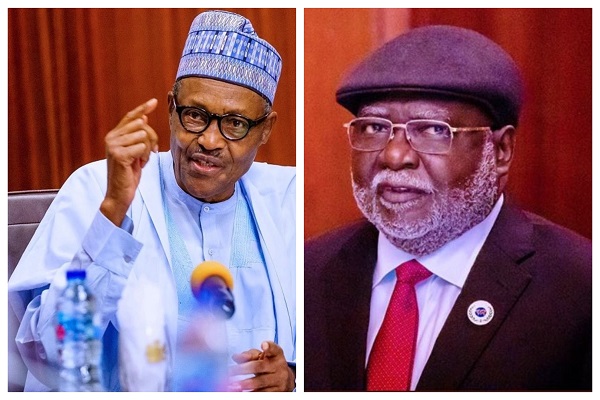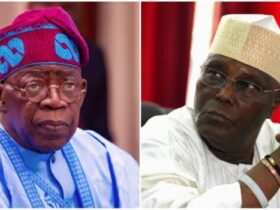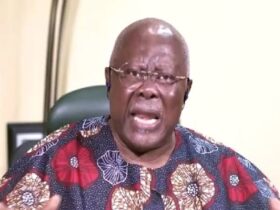
The CLEEN Foundation reported significant biases in how Nigerian judges handled disputes stemming from the 2023 general elections on Wednesday.
The prominent public policy think tank underscored the need to bolster mechanisms for adjudicating election-related conflicts to enhance trust in the overall judicial system, which it deemed pivotal for the nation’s democratic progress.
During a roundtable held at Reiz Continental Hotel, Abuja, the foundation presented key observations from its monitors deployed to assess the decisions on 2023 election petitions nationwide.
The group proposed judiciary independence and the adoption of modern technology as effective measures to ensure a more impartial resolution of election disputes, aiming for reduced controversy in the process.
“Virtual hearing of court sittings should be normalised in Nigeria to ease a lot of human interference in the system while ensuring the absence of glitches,” the foundation’s programme director, Salaudeen Hashim, said at the event.
The group highlighted the decision of the Kano election petitions tribunal to deliver its judgment via the online video conferencing platform Zoom as a significant demonstration of technology’s potential for efficiently handling cases.
According to Mr. Hashim, approximately 227 judges were tasked with deciding petitions related to the 2023 general elections, spanning state and federal legislative and executive offices, with CLEEN deploying 38 monitors across 18 states.
Mr. Hashim noted that bureaucratic obstacles hindered CLEEN officials from accessing election-related documents in most judicial precincts at both state and federal levels.
To prevent such hindrances in the future, both the judiciary and the electoral office INEC should be equipped with improved transparency tools.
CLEEN advocated for amendments to section 134 (1) (b) and (c) of the Nigerian electoral law to shift the burden of proving election winners and losers to INEC, requiring the body to validate its decisions in court.
Currently, the burden of proof heavily favors candidates challenging election outcomes, a process often difficult to navigate due to INEC’s history of opacity hindering challengers’ access to evidence for judicial proceedings.
Regarding presidential elections, concerns were raised about the chief justice of Nigeria’s appointment process, which involves presidential appointment subject to Senate confirmation, deemed detrimental to judicial independence.
Consequently, Mr. Hashim proposed that the chief justice should be appointed by the National Judicial Council, the body overseeing judicial appointments and discipline.
Criticism was directed at the handling of disputes over Bola Tinubu’s election, citing concerns that the appointment of Chief Justice Kayode Ariwoola by the ruling All Progressives Congress compromised judicial independence, making it challenging for appointed judges to act impartially in presidential election petitions.
Gad Peter, CLEEN’s executive director, commended the foundation for its efforts in promoting public safety and justice through empirical research, legislative advocacy, and publications, emphasizing its regular collaborations with government, private businesses, and non-governmental organizations.
Top of Form








Leave a Reply